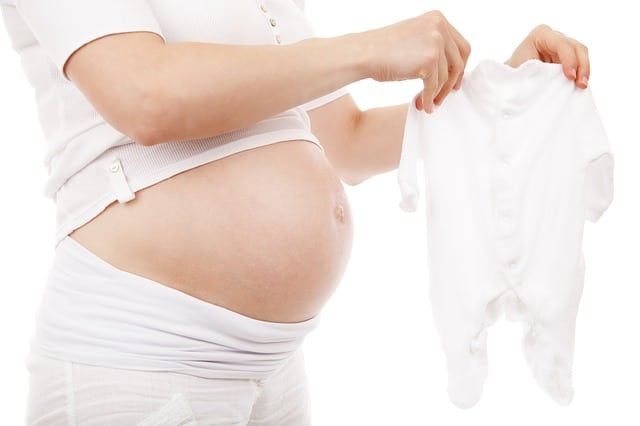Premature labor, or preterm labor as it is called sometimes, occurs when a woman has her baby at an early date. If you are pregnant and worried that this might happen, you should know that doctors are now able to do a lot in order to delay a premature birth. You can find out more below.
Preterm Labor – Why Does It Happen and What Are the Signs
A preterm labor will occur when the regular contractions start to open the cervix much earlier, before thirty-seven weeks of pregnancy. Your labor will be premature if it begins before the due date at more than three weeks. A full term pregnancy last for about forty weeks. You are less likely to have a baby who has problems after birth if he or she gets to develop or grow for longer inside your body.
If it is not possible to stop preterm labor, your baby is going to born early. Your baby will have more health risks if earlier premature birth occurs. Many preemies or premature babies have to stay inside a neonatal intensive care unit to get special care. In addition, preemies can have physical and mental disabilities in the long-term.
The cause for preterm labor is not often clear, but some risk factors might increase your chances of going into labor early. Bear in mind that premature labor could also occur with pregnant women who don’t have any known risk factors. Nevertheless, it will be good for you to know if you are at risk as well as how you could help to prevent it.
There are a number of different things that could increase your risk. Some of these include:
- Previous premature birth or preterm labor, especially in more than one past pregnancy or the most recent one;
- Using illicit drugs, drinking alcohol or smoking cigarettes;
- Being overweight or underweight before you get pregnant or gaining too much or too little weight throughout;
- Certain infections, especially in the genital tract;
- Not getting the right prenatal care;
- The presence of fetal birth defect;
- Having medical conditions such as diabetes, high blood pressure, infections, preeclampsia, or blood clotting disorders;
- Being pregnant and your baby have certain birth defects;
- Having a personal or family history of preterm labor;
- Getting pregnant much too soon after giving birth;
- Getting pregnant with the help of in vitro fertilization;
- Having certain problems with your cervix, uterus, or placenta;
- Being pregnant with twin babies or other multiples;
- Stressful events in your life, such as a loved one passing away;
- Anemia or red blood cell deficiency, especially in early pregnancy;
- Having an excessive amount of amniotic fluid;
- Vaginal bleeding in pregnancy;
- Having short cervix or fetal fibronectin present – substance that will act as glue between the uterus lining and fetal sac. When seen in vaginal discharge it’s linked to greater risk of premature labor.
Some of the past studies suggest that gum disease may be connected to premature birth, but the treatment for periodontal disease in pregnancy has not proven to reduce the risk of preterm labor.
Some of the Signs and Symptoms
It is important to be aware of the warning signs and symptoms in order to stop preterm birth. You should call your doctor or midwife if you have:
- Pain in your lower back that comes and goes or remains constant. This pain won’t go away, regardless of your position or if you are doing something else to get comfort.
- Frequent or regular contractions coming every ten minutes or even more often. You will feel a tightening in your abdomen.
- Cramping in the lower abdomen, much-like the cramps you might feel when menstruating. These might also feel like the gas pains which might come with diarrhea.
- Flu-like symptoms which include vomiting, nausea, or diarrhea. You should contact your doctor for mild cases and if you are not able to tolerate liquids or fluids for more than eight hours.
- Fluid seeping from the vagina.
- Increased pressure in the vagina or pelvis area.
- Increased discharge from vagina.
- Vaginal bleeding, even light spotting.
- Watery vaginal discharge in a trickle or gush.
Complications
Most women who get treatment for preterm labor will deliver their baby at or close to term. However, there are times when preterm birth cannot be stopped or some other complications or an infection makes an early delivery a lot safer for the baby or mother. You could deliver your baby prematurely if it’s not possible to stop preterm labor. This could lead to many health concerns, including low birth weight, vision problems, undeveloped organs, and breathing difficulties. In addition, premature babies have a greater risk of having behavioral problems or learning disabilities.
If you notice any symptoms or signs of preterm labor, you should get in touch with your healthcare provider immediately, especially abdominal pain or cramps accompany vaginal bleeding. Some of the symptoms might be difficult to identify, like a lower backache, apart from the normal pregnancy symptoms. You cannot be too cautious so it’s best to check out all the possible warning signs. You may need medical care immediately, depending on your circumstances.



